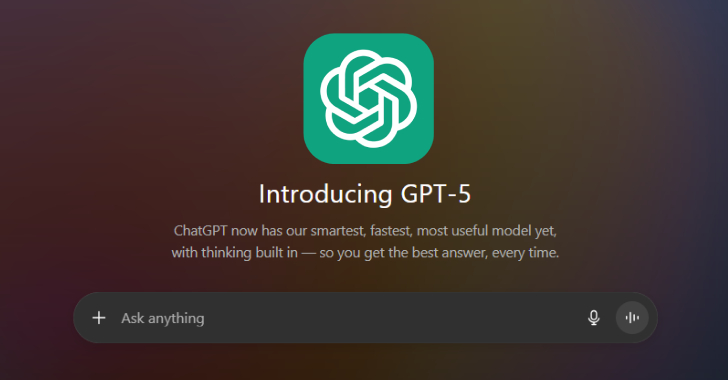Apple has been hit with a fine of €150 million ($162 million) by France’s competition watchdog over the implementation of its App Tracking Transparency (ATT) privacy framework.
The Autorité de la concurrence said it’s imposing a financial penalty against Apple for abusing its dominant position as a distributor of mobile applications for iOS and iPadOS devices between April 26, 2021 and July 25,






